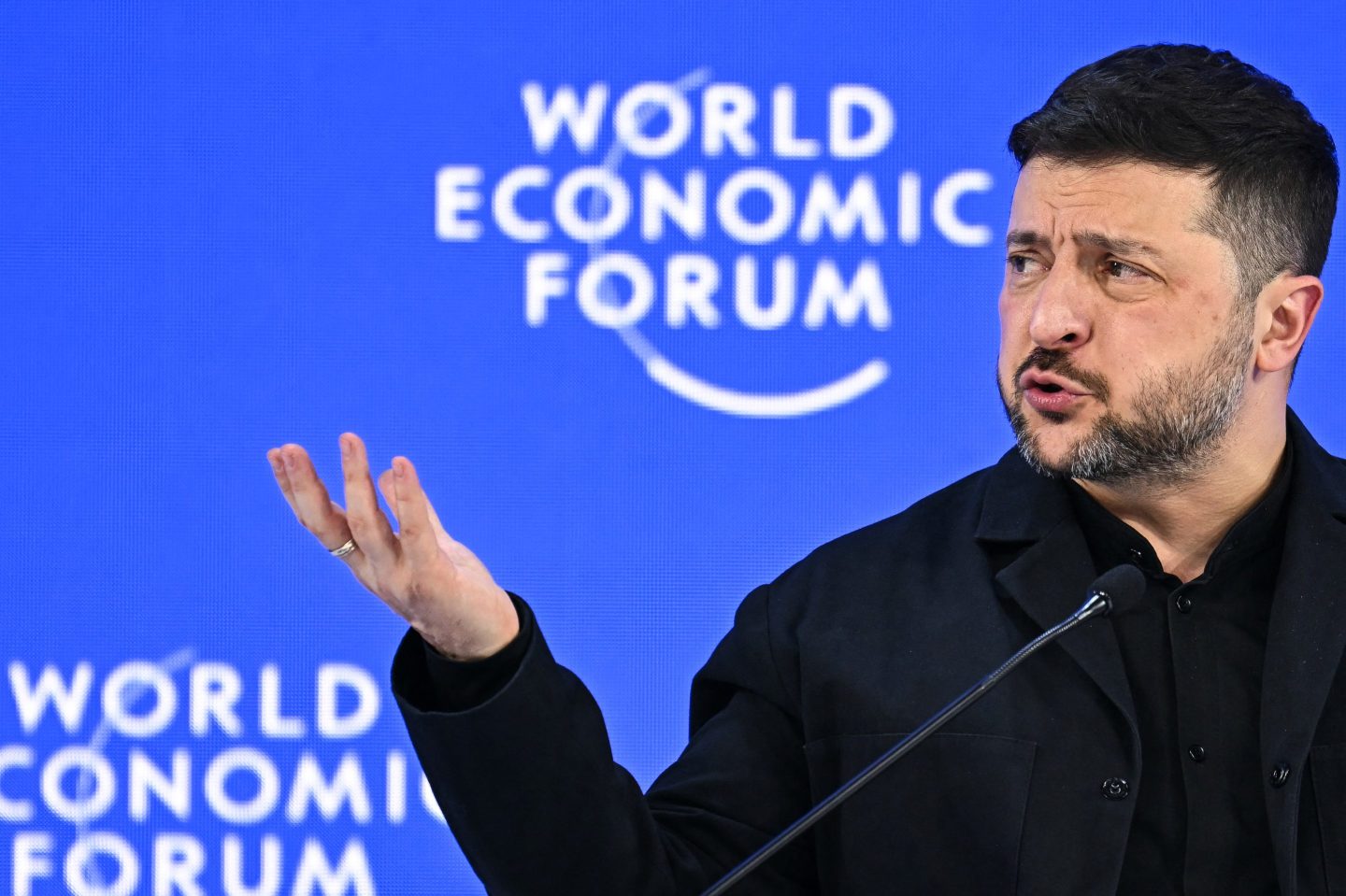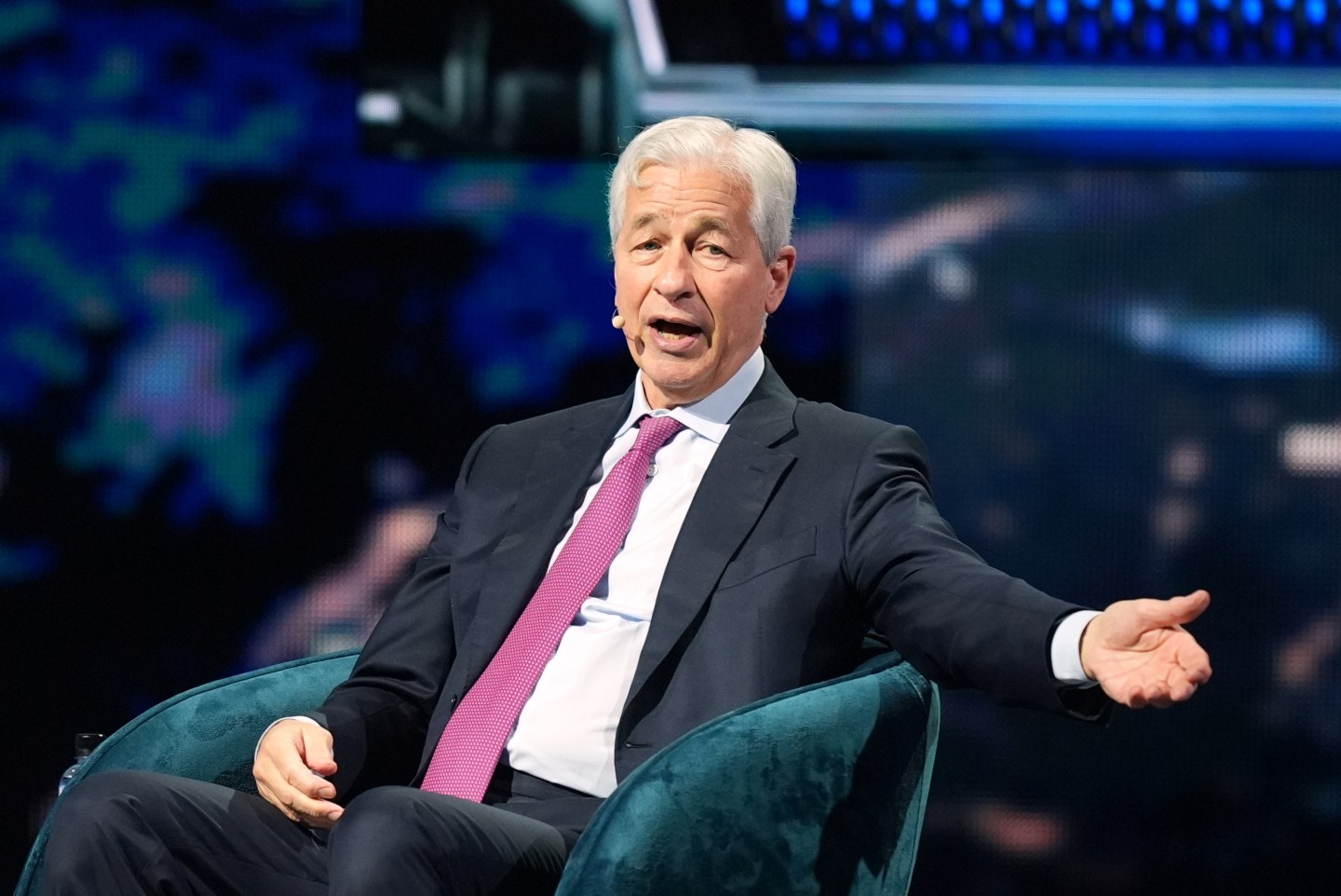The seemingly unstoppable Netflix posted a considerable drop in user growth this week, causing its shares to plummet by 26%. As unexpected as the news was for many investors, it should come as no surprise to anyone who understands how a company can become a victim of its own success.
The world’s largest subscription-streaming service had 50.1 million subscribers at the end of the third quarter, revenues of $4 billion, and considerable success from original series like House of Cards and Orange is the New Black. Netflix (NFLX) has also made a high-profile entry into European markets, and recently announced original-release movie production deals.
However, user growth cannot continue indefinitely as the company saturates the market; not to mention that Netflix’s oversized ambitions and hasty moves could derail the streaming giant even further.
Take, for instance, it’s expansion in Europe. In September, Netflix’s rollout into six European countries marked its biggest international expansion to date. However, behind the publicity lie several major challenges: different viewer tastes across markets, competition from both domestic and American streaming services, content producers, and pay-TV providers, such as Canal Plus, SkyDeutschland AG, Amazon and HBO, and conflicts over rights to popular shows, including Netflix originals. The company also faces laws that could require it to finance and promote locally produced programming, especially in France. In Australia, Netflix may also be forced by local rights holders to block illegal access to its American website through Virtual Private Networks, which could be technologically expensive and hamper the company’s entry into that region.
Netflix may be betting that due to its popular brand name and size it will be able to evade local laws and dynamics. But as we’ve seen with car service Uber, which has agreed to hire licensed drivers in Germany after first refusing to do so, Netflix is likely to discover that playing along with the system is a wiser course of action in foreign markets than trying to impose its own business philosophy.
This ties into the broader issue of the startup costs of entering new markets, including compliance with local laws and requirements, which could depress Netflix’s growth for several years to come and disappoint investors who have come to expect stratospheric growth from the company. The international segment of Netflix suffered a loss of $274 million in 2013 before its European expansion, which itself will have to be supported by significant marketing, legal, technical, and administrative expenditures to create market share.
That doesn’t mean the streaming video provider will never generate profits from Europe but it does mean that the payoff could be a long way off — a significant problem in today’s unforgiving capital markets.
Netflix may also run into trouble as the company enters film production to compete directly with theaters. The first movie it will co-produce is a sequel to Crouching Tiger, Hidden Dragon, with Imax and the Weinstein Co, to be followed by a deal to produce films starring Adam Sandler. The company has also announced that it will double its spending on original content in 2014, including on documentaries, a paltry 10% of its overall expenditures on content but still a meaningful number if you consider that not every show will enjoy the level of success of aHouse of Cards (especially documentaries). What’s more, the investment required to meet heightened consumer expectations could easily grow well beyond its current level.
The trouble with movies in particular is that unlike television, they are often heavily dependent for marketing success on expensive star appeal and costly visuals, and can only hook viewers for a limited period of time as opposed to the season-after-season and 13-hour viewing dynamic of a series. These two factors make movies a very risky proposition that takes Netflix away from its core competency of producing quirky and hype-worthy shows into star-driven studio territory — a mentality the company is already exhibiting by making a deal with Sandler – whose box office potential has declined over the years.
And finally, let’s not forget that Netflix has been down this road before.
Recall Red Envelope Entertainment, the former film financing and acquisition unit of Netflix? If you don’t, that’s because it was shuttered in 2008 after the company discovered it was causing friction with content producers that it depends on for the bulk of its offerings. That could happen again as Netflix takes on theatrical distributors — some of whom are already refusing to carry the films that Netflix will produce and stream on its site. As any movie industry executive can tell you, theatrical release is not just about ticket sales but also about the marketing benefits of coming out on the ‘big screen;’ a theatrical release increases the value of a film for release in other media, which producers covet.
Netflix CEO Reed Hastings has done an excellent job of growing his company and taking it into new territory, but he should slow down. With domestic subscriber growth waning, international expansion may be necessary, but it should be pursued in a careful, phased manner that doesn’t hurt Netflix’s bottom line for years to come. Also, while movie production may be glamorous and headline-grabbing, it’s also a form of financial roulette that Netflix can’t afford to play.
If Hastings doesn’t take note of these realities, investors will.
Sanjay Sanghoee is a political and business commentator. He has worked at investment banks Lazard Freres and Dresdner Kleinwort Wasserstein, as well as at hedge fund Ramius. Sanghoee sits on the Board of Davidson Media Group, a mid-market radio station operator. He has an MBA from Columbia Business School and is also the author of two thriller novels. Follow him @sanghoee.












